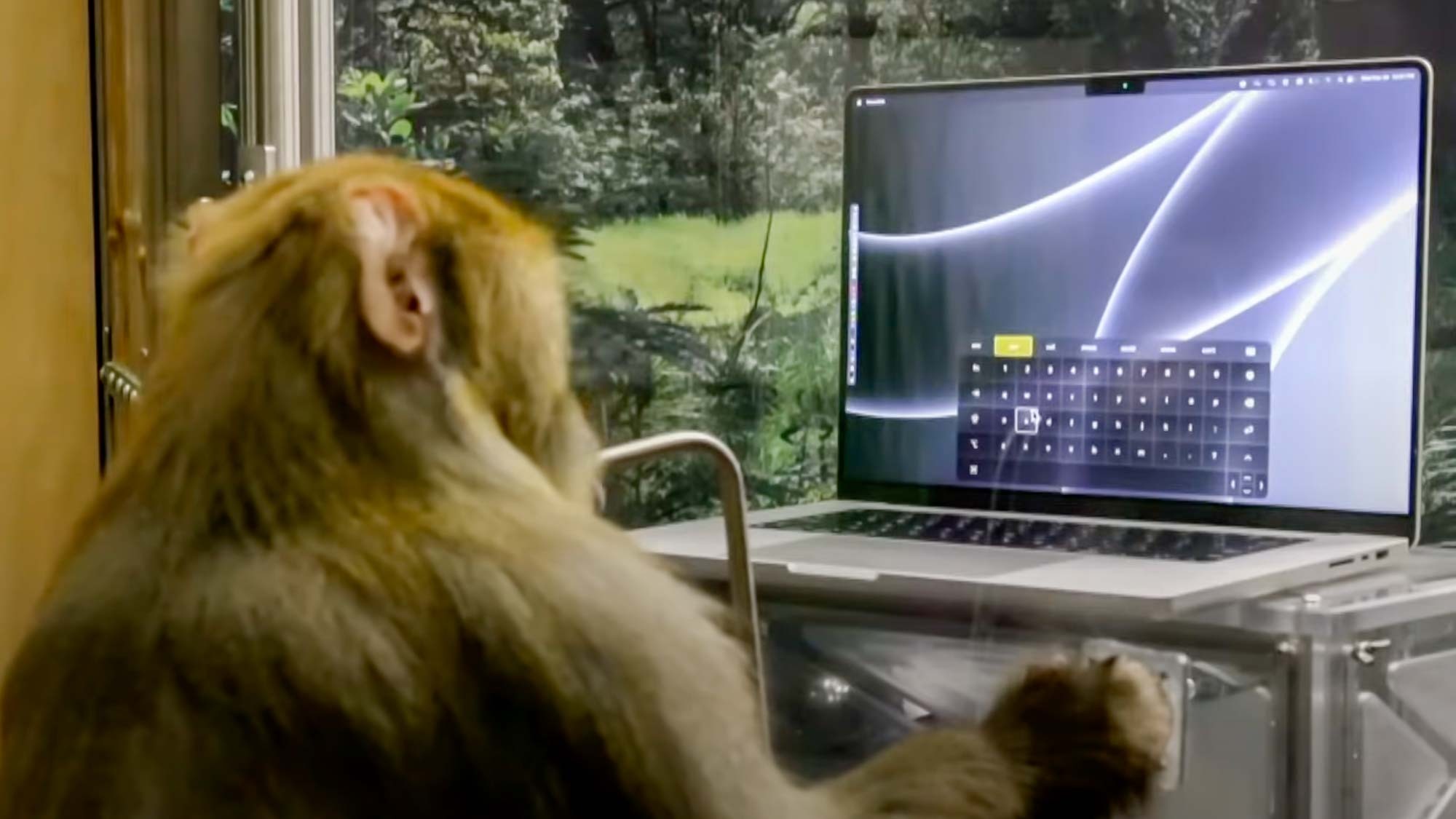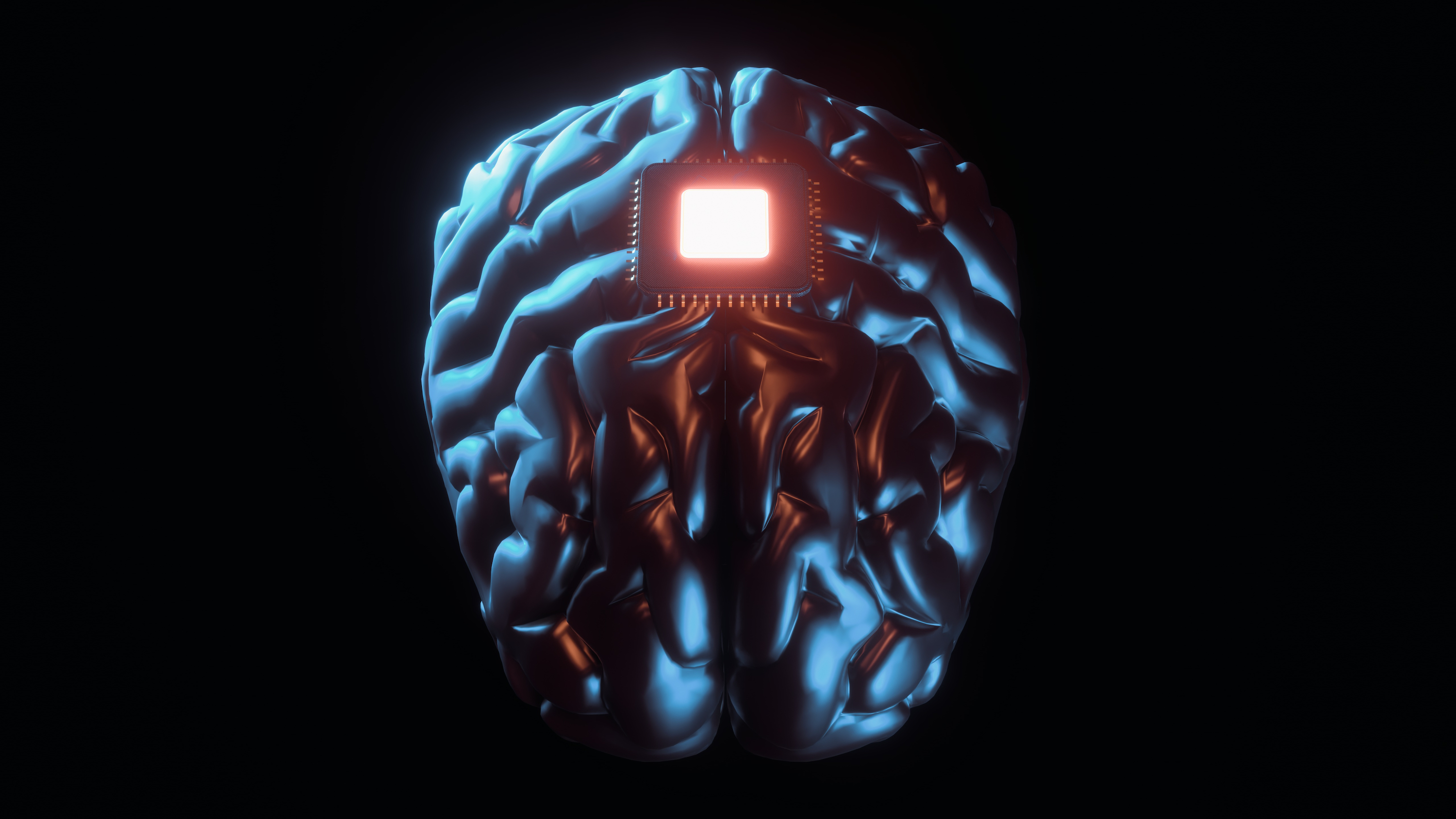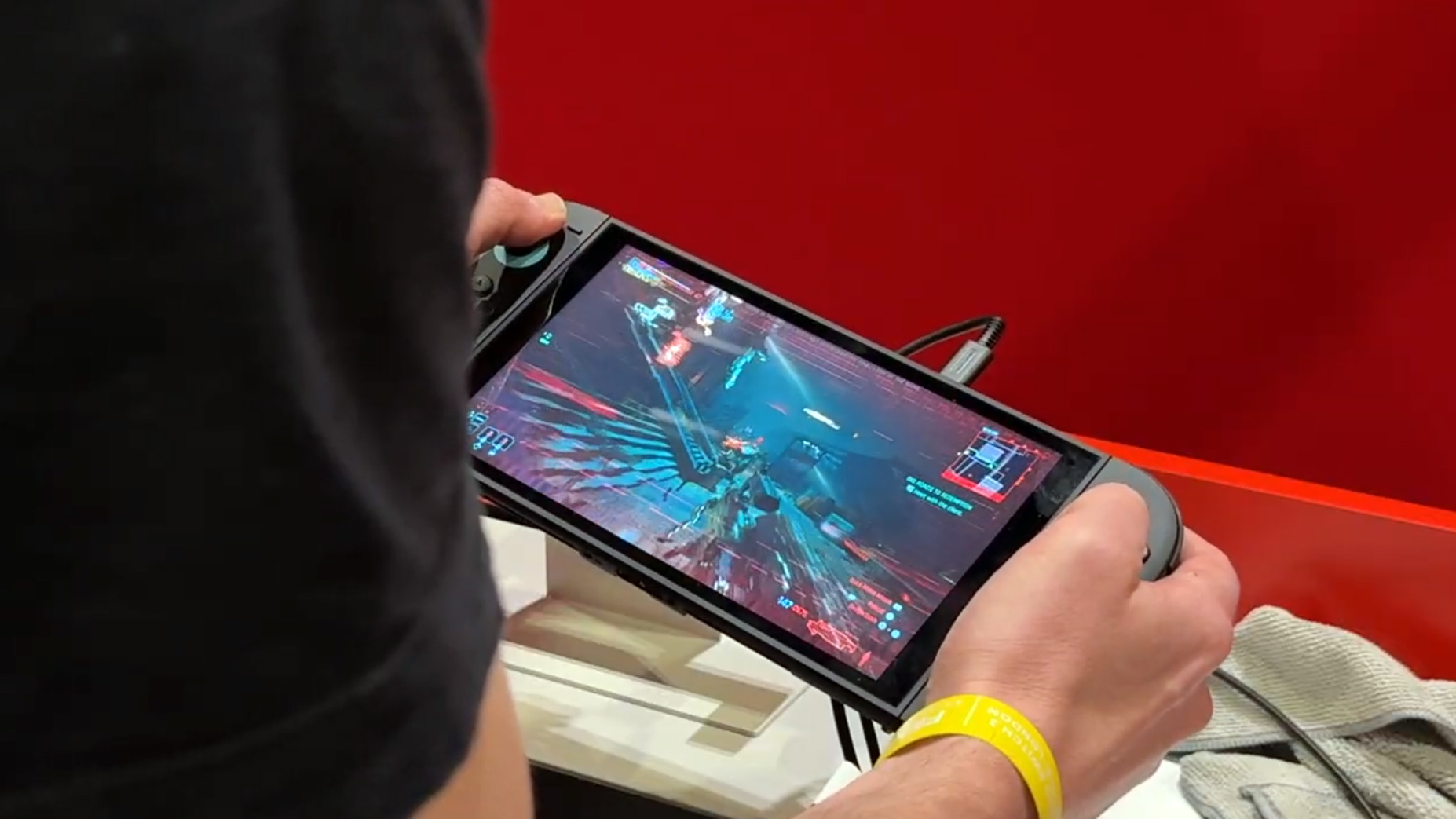Elon Musk says Neuralink could be in people's heads in just 6 months
Neuralink says its brain implant has shown some promise in recent testing

Neuralink is one of Elon Musk’s many tech ventures, and like the man himself, it’s not without controversy. The company’s goal is to implant a computer inside the human brain that's able to control tech just by thinking. The hope is that this implant would improve accessibility for anyone facing a debilitating condition such as traumatic brain damage or paralysis.
Now it looks like the dream is one step closer, at least if Musk is to be believed. According to Bloomberg, Musk says that Neuralink can begin trials in humans in six months. Meanwhile, Digital Trends reports that the paperwork for such trials has been submitted to the U.S. Food and Drug Administration.
Until this point, Neuralink has only been able to conduct testing with monkeys, who like humans are primates and therefore make excellent test subjects for this type of technology. Despite the lack of human trials, some of the recent results have been promising. At a special “Show and Tell” event, Neuralink was able to show a monkey using thought to move a mouse cursor to create words, which Musk described as ”telepathic typing.”
Neuralink: Is the potential truly limitless?

This past Wednesday was not the first time Neuralink showed promise in testing on monkeys. Testing last year showed a monkey successfully playing Pong using Neuralink implants. The monkey — a nine-year-old macaque named Pager — even improved as the game went on through a combination of implants and positive reinforcement.
But remember how I said that Neuralink isn’t without controversy? First, there's there's testing itself, which an advocacy group opposed to animal testing believes has violated the Animal Welfare Act governing such tests. (Neuralink denies those claims, though it's admitted that monkeys have died during the testing process.)
Musk also has promised human implantation before and missed targets. In 2021 we reported that Musk was promising human implantation on Neuralink by the end of the year, and now we are expecting mid-2023 at the earliest.
Not that waiting is a bad thing. According to Bloomberg, the surgery to implant a Neuralink chip is incredibly invasive, as it requires a chunk of skull be removed to allow wires to be implanted into the brain. This is even more invasive than the approach of competitors like Synchron, which offers a stent-like device to allow disabled people to communicate via thought.
Sign up to get the BEST of Tom's Guide direct to your inbox.
Get instant access to breaking news, the hottest reviews, great deals and helpful tips.
Still, Neuralink promises that its testing on primates proves the relative safety of the procedure. Musk even says that he would permit his own children to be implanted with Neuralink technology if it could help them recover from an accident.
Given what Neuralink is promising, we certainly hope that — if safe — trials can begin sooner rather than later. Aside from the brain-to-computer interface, Neuralink is also developing implants to restore mobility in paralyzed people and an ocular implant that could restore vision. But given Musk’s previous promises falling short of expectations, take any timeline he provides with a grain of salt.

Malcolm has been with Tom's Guide since 2022, and has been covering the latest in streaming shows and movies since 2023. He's not one to shy away from a hot take, including that "John Wick" is one of the four greatest films ever made.
